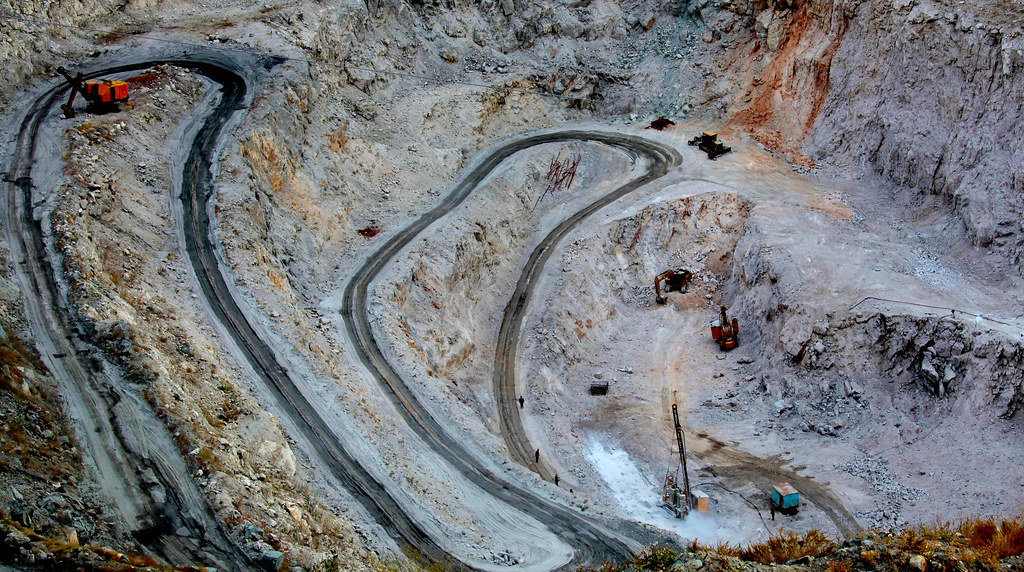Rare earths, what really changes with the big discovery in Sweden?

Sweden has announced the discovery of the largest European deposit of rare earths, a group of metals strategic for the ecological and digital transitions. Will the EU be able to emancipate itself from China? All the details
The Swedish state-owned mining company LKAB announced today that it has discovered Europe's largest deposit of rare earths: it is located near Kiruna, a famous iron-mining city in the far north of the country. According to the company's findings, the deposit would contain resources of rare earth oxides for over one million tons.
WHAT ARE RARE EARTHS, WHAT THEY ARE FOR AND WHO CONTROLS THEM
Rare earths are a group of seventeen metallic elements used to make electronic devices, automobiles (including electric ones), wind turbines, and weapon systems, among other things.
China alone controls about 80 percent of the world's supply of rare earths, holding a sort of monopoly on the refining of raw minerals, essential for their industrial use.
– Read also: Does China want to get its hands on Turkey's rare earths?
RARE EARTHS ARE NOT RARE
Despite the name, rare earths aren't really "rare": Despite the name, rare earths aren't really rare : on the contrary, they are quite common in nature. The challenge is finding minerals that contain large enough quantities to make large-scale mining and processing economically feasible.
WHAT LKAB SAID
LKAB CEO Jan Mostrom commented the discovery as “good news, not only for LKAB, the region and the Swedish people, but also for Europe and the climate”. The Kiruna deposit "could become an important building block for the production of critical raw materials that are absolutely crucial to enabling the green transition."
THE PROSPECTS FOR EUROPE
At the moment there is no mining production of rare earths in Europe: the continent is therefore dependent on imports from abroad and in particular from China, which controls a large part of the supply chain.
This condition of dependence could create serious strategic vulnerabilities for Europe, because the demand for rare earths seems destined to increase significantly in the coming years due to the increase in the installation of renewable plants and the spread of electric vehicles.
– Read also: Does the League pamper Eni to extract rare earths in Italy?
WHAT WILL SWEDEN DO WITH RARE EARTHS
The Swedish Minister of Energy, Ebba Busch, declared that "the electrification, the self-sufficiency of the European Union and the independence from Russia and China will begin in the mine" of Kiruna.
In reality, the times for starting the exploitation of the deposit are very long. LKAB has said it intends to submit the application to obtain an exploitation concession by 2023, but it will take – by the company's own admission – at least ten to fifteen years before being able to start extracting the resources and putting them on the market.
Sweden has held the rotating presidency of the Council of the European Union since 1 January. Prime Minister Ulf Kristersson said in this regard that "a greener, safer and freer Europe is the foundation of our priorities".
This is a machine translation from Italian language of a post published on Start Magazine at the URL https://www.startmag.it/energia/terre-rare-cosa-cambia-davvero-con-la-grossa-scoperta-in-svezia/ on Thu, 12 Jan 2023 14:04:41 +0000.
